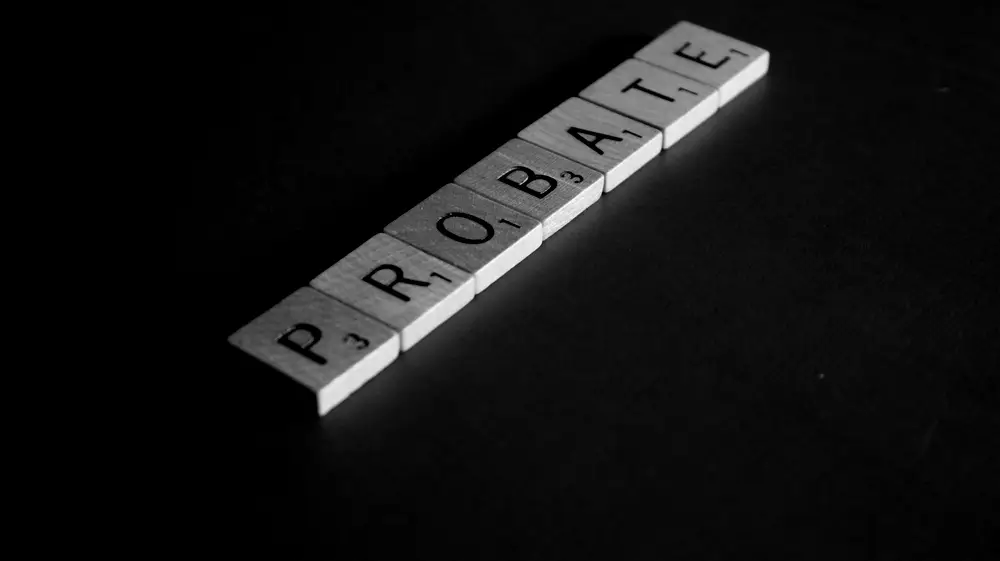Every day we meet with families who require help, support, and advice at the time of a loved one’s death and probate and estate administration is commonly a challenging area to deal with.
Probate is the process of administering someone’s estate and it is often difficult to give it the necessary attention when there are so many other commitments at the time of a death. Probate is a legal process and is carried out by the executor of a will, should there be a will in place. At CPJ Field, we offer guidance and non-legal advice, however, we have a network of legal specialists who can also assist with more complex cases, offering piece of mind that the process is being carried out smoothly.
What are the steps for deciding if to apply for probate?
If there is a will, executors or administrators are usually named within it, and this person (or persons) will take responsibility for dealing with the estate. The first step is to check if probate is needed, and if so, an application for legal authority to deal with the estate will be granted, otherwise known as probate.
By contacting a person’s financial organisations (eg a bank or mortgage company), it should become clear if probate is needed. It is often needed for distributing property and assets. If there is no will, the closest living relative rather than an executor, can apply for letters of administration and follow the same steps as applying for probate.
If the estate is complicated by such factors such as if the will is unclear, or if part of the estate is to pass to a child under the age of 18, or if a property is in a sole rather than a joint name, probate will most likely be necessary. However, in certain circumstances, probate may not be needed, such as if the estate is made up of cash, or in the case of the estate solely being jointly owned, or if the estate is insolvent.
Before probate is applied for, an estimate of the estate’s value will be required to include properties, money, possessions, and debts which are held in the estate. If you do not wish to apply for probate yourself, local solicitors will provide advice, or can apply for the grant of probate for you.
Always seek legal advice should questions arise around if probate is or is not needed, case-by-case.
What happens once probate is granted?
Once probate is granted, the executor has legal authority to deal with the assets. This might include selling property or cashing in pension or life insurance funds. An executor will need to work out how much inheritance tax is due and prepare any documents required by the HMRC plus deal with any other outstanding expenses or bills that are due.
Any other benefits, taxes, or National Insurance contributions that are due, will need to be determined as soon as possible. The executor will also be required to check if the deceased person was the beneficiary of a trust, held shares or funds in a business, or held company shareholdings that will be needed to be sold or transferred.
Once all debts and taxes have been paid, the executor will distribute the estate to the beneficiaries as detailed in the will.
CPJ Field has been supporting families for 300 years with their individual funeral planning requirements. Whenever required, we refer our families to a wide range of legal services across the South-East, for independent, professional advice on estate management and probate.
